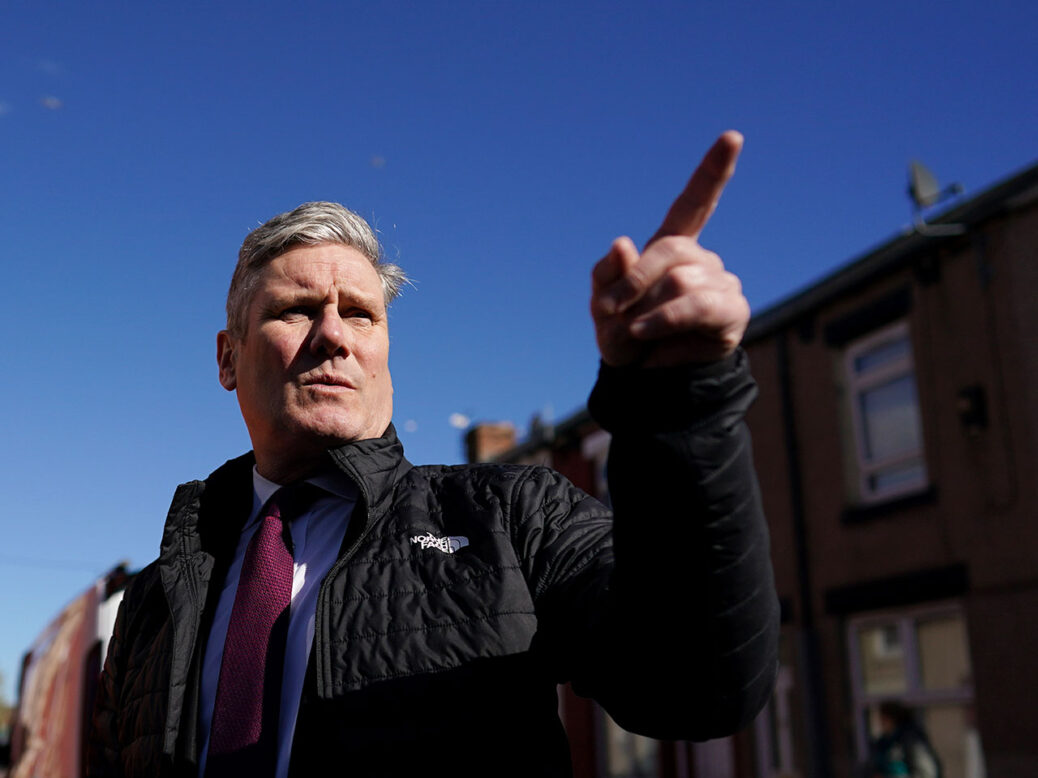
A surprisingly large number of Conservative MPs have thoughtful and moderate views on the criminal justice system. The quota of hangers and floggers and throw-away-the-key types no doubt went up in 2019, but, by and large, many Tories (including some you might not expect) recognise that there are only so many people one can put in prison and that it is not a particularly effective means of reducing crime.
For some, it is the shockingly high recidivism rates that suggest prison does not work. Particularly among the Christian right, there is a concern that our justice system does not do enough to offer the possibility of redemption for the criminal. Small-state Conservatives worry that imprisoning people at a cost of more than £40,000 a year is a rather extravagant use of taxpayers’ money, especially when the prison population has roughly doubled since Mrs Thatcher’s time in office.
As for what happens within our prisons, most of the Conservative MPs I ever spoke to on the subject recognised that too little was done to ensure that when ex-offenders left prison they were prepared for the outside world. Prisons were too often overcrowded, dirty and decrepit; training and education opportunities were inadequate; and the time locked up in cells was too great. Small amounts of progress on these matters (and as justice secretary, I tried, alongside my prisons minister, Rory Stewart, to make progress on these matters) were widely welcomed by my colleagues.
And yet, whenever the issue of crime becomes prominent, particularly if an election is imminent, the quality of debate emanating from Conservatives MPs is, too often, dismal. Yesterday’s PMQs was a particularly dispiriting example.
I mention Tory MPs but Keir Starmer was not much better. Labour’s attack ad on Rishi Sunak, accusing the Prime Minister of believing that adults convicted of sexually abusing children should not go to prison, was disreputable. Starmer’s defenders say that the Tories started it or that, even if they hadn’t, Labour needed to get its retaliation in first. It is all behaviour from the playground.
The depressing point about all of this is that both Starmer and Sunak are essentially serious and decent men who have gone into politics as an act of public service. Prior to entering politics, Starmer was director of public prosecutions (DPP) and left the post well-regarded, including by ministers. Sunak could be earning vast sums of money doing something else but appears motivated by trying to solve policy problems. What is more, both know that the other is a serious and decent person generally motivated by the right reasons.
[See also: PMQs today: Sunak and Starmer slug it out on crime]
Listen to a debate on crime, however, and you would be forgiven for thinking otherwise. Does Sunak really think that Starmer is “Sir Softie”? Does Starmer really think that Sunak opposes imprisoning child sex abusers?
Presumably not. Both are diminished by their cynicism. Starmer, outrageously smeared by Boris Johnson over the Jimmy Savile case, looks uncharacteristically grubby by responding along similar lines. Sunak, on this topic, looks like continuity Johnson.
Starmer seems personally wounded by the “leftie lawyer” jibes and the criticisms of his record as DPP, which is how this all began. For the Conservatives, this is more calculated. The polling does suggest that the public are enthusiastic about incarcerating even the most minor criminal for lengthy periods of time. Voters also assume that the Conservatives are more sympathetic to this position than Labour.
It is a potential wedge issue for the Tories, particularly among those voters who switched to them in 2019 to “get Brexit done” and for whom Brexit may not be such a motivating factor in 2024. Crime might be the issue – along with immigration – that keeps those voters loyal.
It all feels like a political game. The problem is that it has consequences. Our prison population has grown dramatically in the last 30 years – from around 40,000 prisoners in England and Wales to around 80,000 – not because crime has increased over that time (quite the opposite) but because sentencing has become more severe. Serious crimes that might have resulted in a dozen years inside now result in someone perhaps serving twice that time. Quite right too, many will say, but this has to be paid for and prison expenditure is never the public’s priority.
We are burdened by an endless bidding war on sentences. It is an easy way for a politician to show how much they care about this, that or the other. Once one campaign is won, other sentences look relatively lenient. Increase sentences for firearms offences and immediately the call goes up for tougher sentences on knife crimes. And so on and so on. No wonder our prison population may exceed 100,000 within the next four years.
As things stand, it appears the Conservatives will campaign on a platform of locking up as many people for as long as possible. And Labour looks prepared to match it. This will do very little to reduce crime. The Scandinavian countries have a prison population that is roughly 70 people for every 100,000, less than half of our rate, yet have lower crime rates.
We could have a sensible debate about criminal justice: about what works and what does not, about the system’s strengths and weaknesses. Instead, we have a competition over who will increase sentences the most – between politicians who probably do not believe anyone but themselves will benefit.
[See also: Tough on crime? Britain’s new political battleground]






